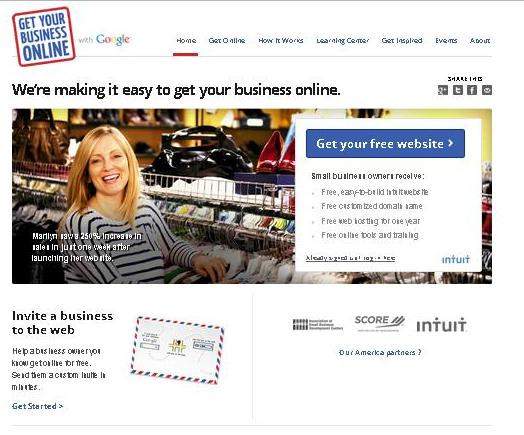From the Internets;
Craigslist Ad:
We are a small & casual restaurant in downtown Vancouver and we are looking for solo musicians to play in our restaurant to promote their work and sell their CD. This is not a daily job, but only for special events which will eventually turn into a nightly event if we get positive response. More Jazz, Rock, & smooth type music, around the world and mixed cultural music. Are you interested to promote your work? Please reply back ASAP.
A Musician’s Reply:
Happy new year! I am a musician with a big house looking for a restauranteur to come to my house to promote his/her restaurant by making dinner for me and my friends. This is not a daily job, but only for special events which will eventually turn into a nightly event if we get a positive response. More fine dining & exotic meals and mixed Ethnic Fusion cuisine. Are you interested to promote your restaurant? Please reply back ASAP.
Shamelessly lifted from the Telecaster Guitar Forum via Bob Lefsetz’s blog.
The discussion about Amanda Palmer offering unpaid gigs for local musos on her US tour has been heated and the perspectives are interesting.
What’s missed is the difference between artist and workers – the local violin player or trombonist getting up on stage with Amanda Palmer in Poughkeepsie isn’t going onstage to make a buck, it’s because he or she loves playing and is honoured to get an opportunity to perform with a big act.
On the other hand, one of the sites that’s been critical of Palmer advertised for a “insightful, knowledgeable and talented writers to contribute to the ongoing and ever-intriguing discourse on music and film.”
For submitting three 200 word blog posts a day, the lucky writer will receive a grand payment of six dollars. That’s one cent a word. Plus a cut of advertising revenue.
Should anyone be tempted to think that revenue could amount to much, they should keep in mind the web is awash with crap content that’s worth one cent a word; there’s no reason why any half decent writer couldn’t set up their own blog and stick adwords on it for a better return.
A few decades ago when printing was expensive and distribution networks difficult to set up, indy magazines offering little but an outlet to their writers served a purpose.
Today you can setup an outlet in five minutes on Blogger or WordPress and let the web do the distribution for you.
Any business that relies on free or cheap content is doomed – we’re in a world awash with cheap, crappy content and the public don’t see much reason to pay for it.
That there is no market for crap is something our once esteemed newspapers, magazines and TV stations should keep in mind as they sack subeditors, retrench journalists and increasingly source material that was available on Twitter a day earlier.
There’s a big difference between a musician or blogger creating something for love versus a business ripping contributors off – one needs a market to succeed, while the other just does it because they want to.
Similar posts:




